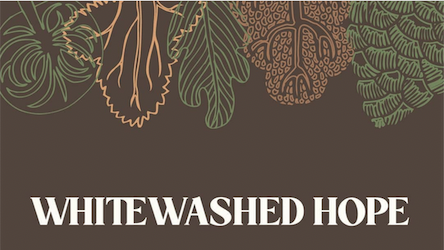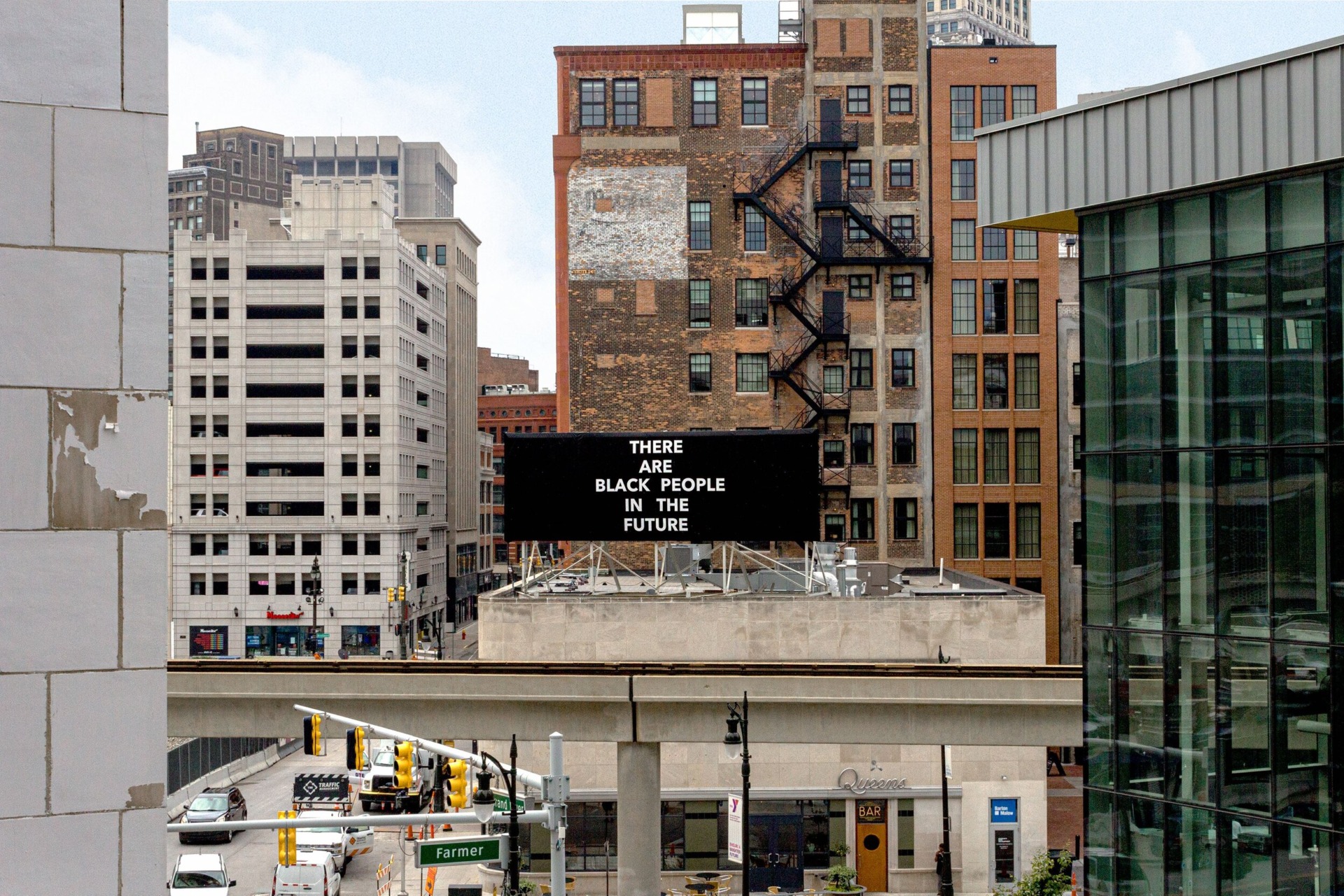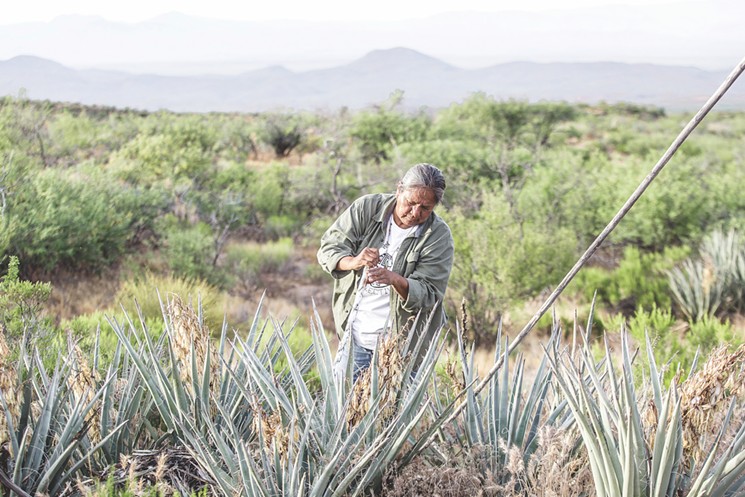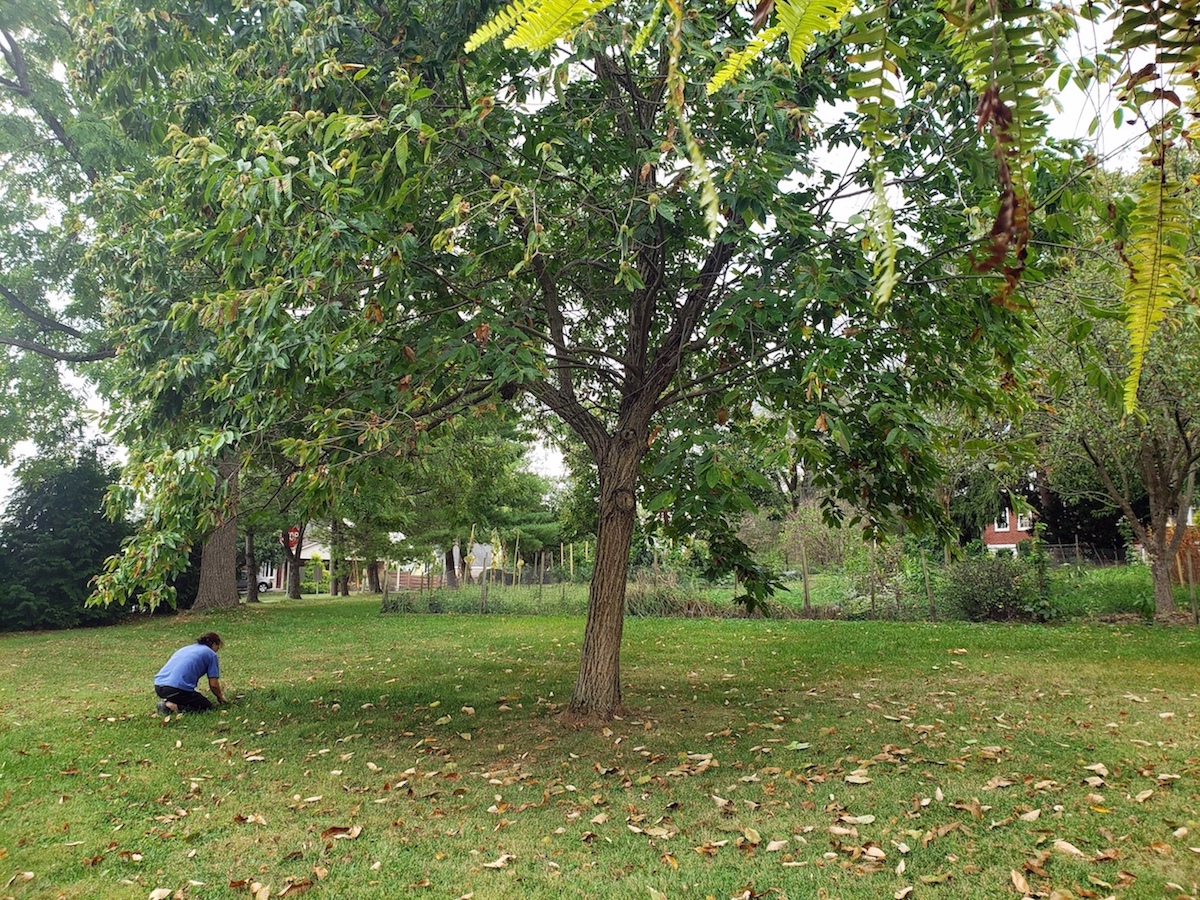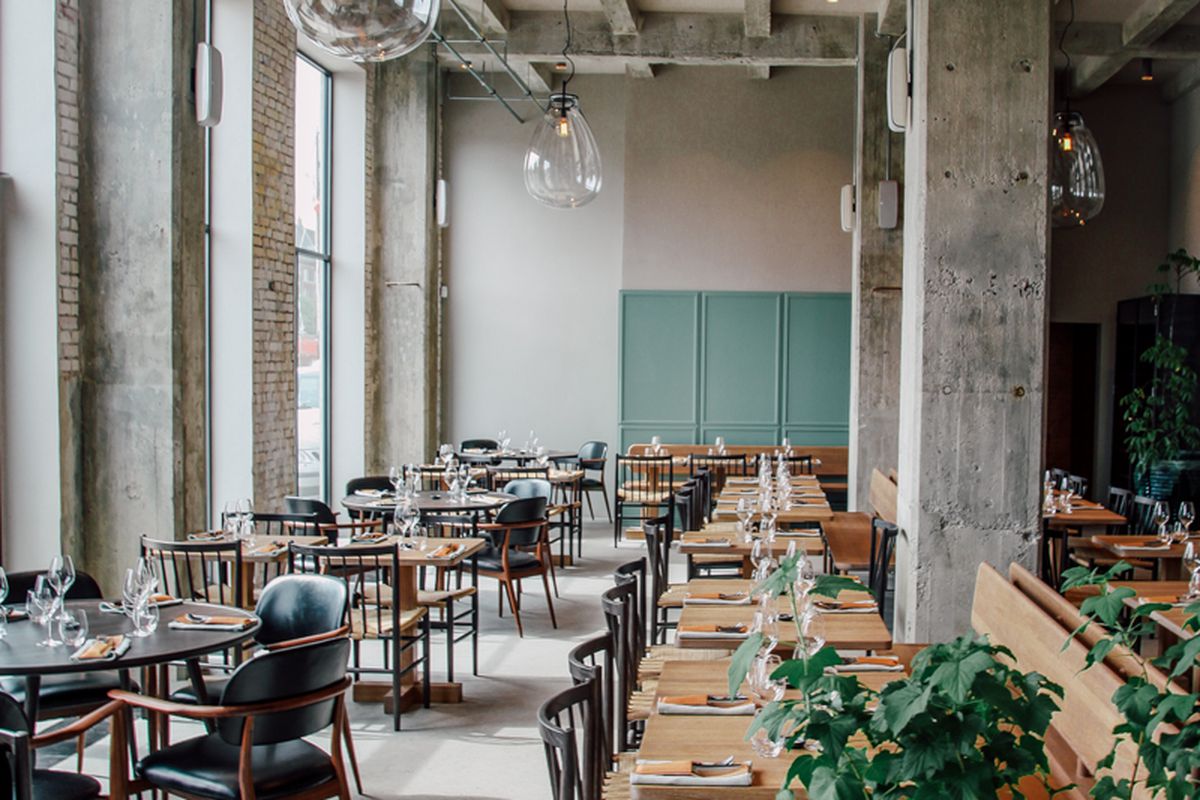As urban areas expand and populations become more dense, the spaces we live in are transforming. These constructed spaces present new challenges to human health; this is evidenced by problems we’re already witnessing, like sanitation issues in densely populated urban areas and the rising cost of fresh food in cities. At the Harvard Graduate School of Design (GSD), students and faculty in the Healthy Places Design Lab and Healthy Places Student Group are designing healthy urban areas for the future.
 Research at the Harvard Graduate School of Design includes urban planning for healthy places.
Research at the Harvard Graduate School of Design includes urban planning for healthy places.
Alongside their research on issues like delivering healthcare to the elderly in their homes, and designing solutions to public sanitation problems in Mumbai, Harvard’s Healthy Places initiatives are working on how to make our future food system stable and sustainable. Past events hosted by the Healthy Places Student Group include talks like “The Future of Food Systems Planning” in April 2018. This interdisciplinary panel hosted academics and policy makers that are taking on leadership roles in designing a new global food system.
 Grow Dat Youth farm teaches young adults how to farm sustainably.
Grow Dat Youth farm teaches young adults how to farm sustainably.
Panelist included Heidi Stucker who works for the Massachusetts Metropolitan Area Planning Council (MAPC) as an environmental and food systems planner, where she focuses on projects that encourage resilient agriculture and fishing systems, and promote equal access to local foods. The panel moderator, Johanna Gilligan, strives to engage young adults with contemporary food systems, teaching them how to farm sustainably through her role as founding director of Grow Dat Youth Farm. Moderated discussions that bring together activists—the people thinking about how to change the way we produce and consume food—provide the opportunity for collaborative creating thinking on new solutions to widespread problems.
 Participants in the Urban Farming Institute learn how to cultivate their own urban farms.
Participants in the Urban Farming Institute learn how to cultivate their own urban farms.
The Harvard Healthy Place Student Group also uses field trips to learn about the food and agriculture initiatives taking place in their own community. A past trip brought them to the Urban Farming Institute of Boston (UFI), an organization that fosters economic growth and cultural appreciation through the construction of urban farms. The UFI builds urban farms on abandoned lots throughout the Boston area, where the gardens then become part of a community land trust. The locality of the urban farms—connecting neighborhood residents with local farmers—allows Bostonians to celebrate the diversity of their respective food cultures. UFI also uses their urban farms to create jobs, training people with the skills and knowledge to create an urban farm, and promoting the expansion of urban farming as a commercial sector. Self-motivated education, such as the Harvard Healthy Place’s participation in the Urban Farming Institute, plays a crucial—but often neglected—role in solving issues like the instability of food systems.
This story is part of a larger Back to School series focused on how design students are self-organizing to address the complexities, opportunities, and failures of our food system.








